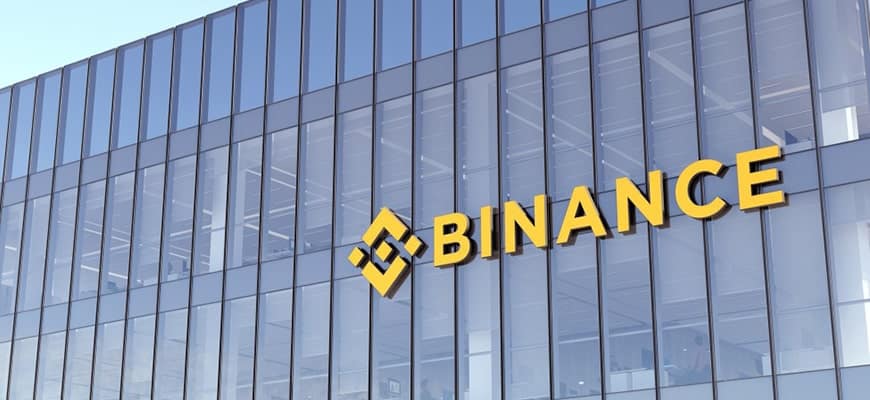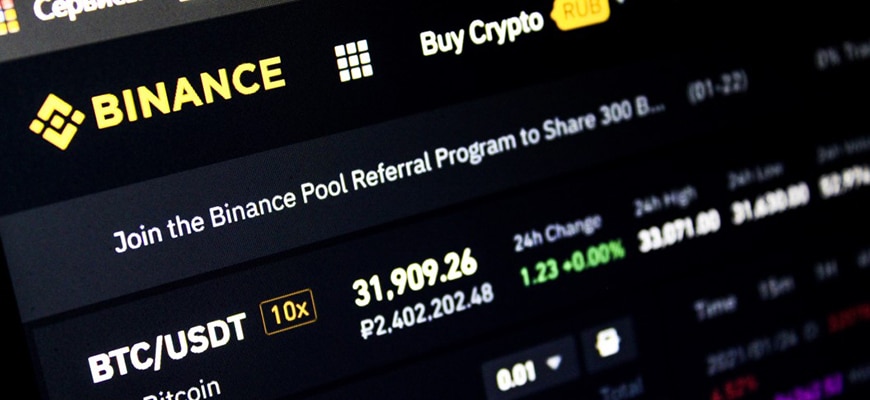Futures is a unified legal agreement to buy or sell a certain commodity or asset at a predetermined price at a certain time in the future.
What are futures?
Futures, also called futures contracts, are legally binding agreements to trade a specific asset or commodity at a predetermined date and price in the future. In addition to this, they track the price movement of the underlying asset or commodity.
Since futures are categorized as derivative financial instruments, their value is determined by another asset. In more detail, investors can use them to track the price of natural gas, the S&P 500 index, the U.S. dollar, bonds, bitcoin (BTC), wheat, etc.
It should be noted that futures trading platforms offer leverage features. In this case, traders only need a certain percentage of the total value of the contract, and the rest is taken on credit or borrowed from the platform. The required initial amount is called a margin. The amount of margin is determined by the creditworthiness of the trader and the terms and conditions of the trading platform for leveraged trading. At the time of execution, the futures contract can be physically settled or cash settled.
Physical settlement futures is a type of futures contract where the underlying asset is exchanged at the time of expiration.
Futures contract with cash settlement is used to describe a contract in which the underlying asset is settled by converting it into cash at maturity.
The term “tick” is common in the world of futures. This is the smallest movement in the price of a futures contract during a 24-hour period. It should be noted that a tick can indicate an increase or decrease in price.








